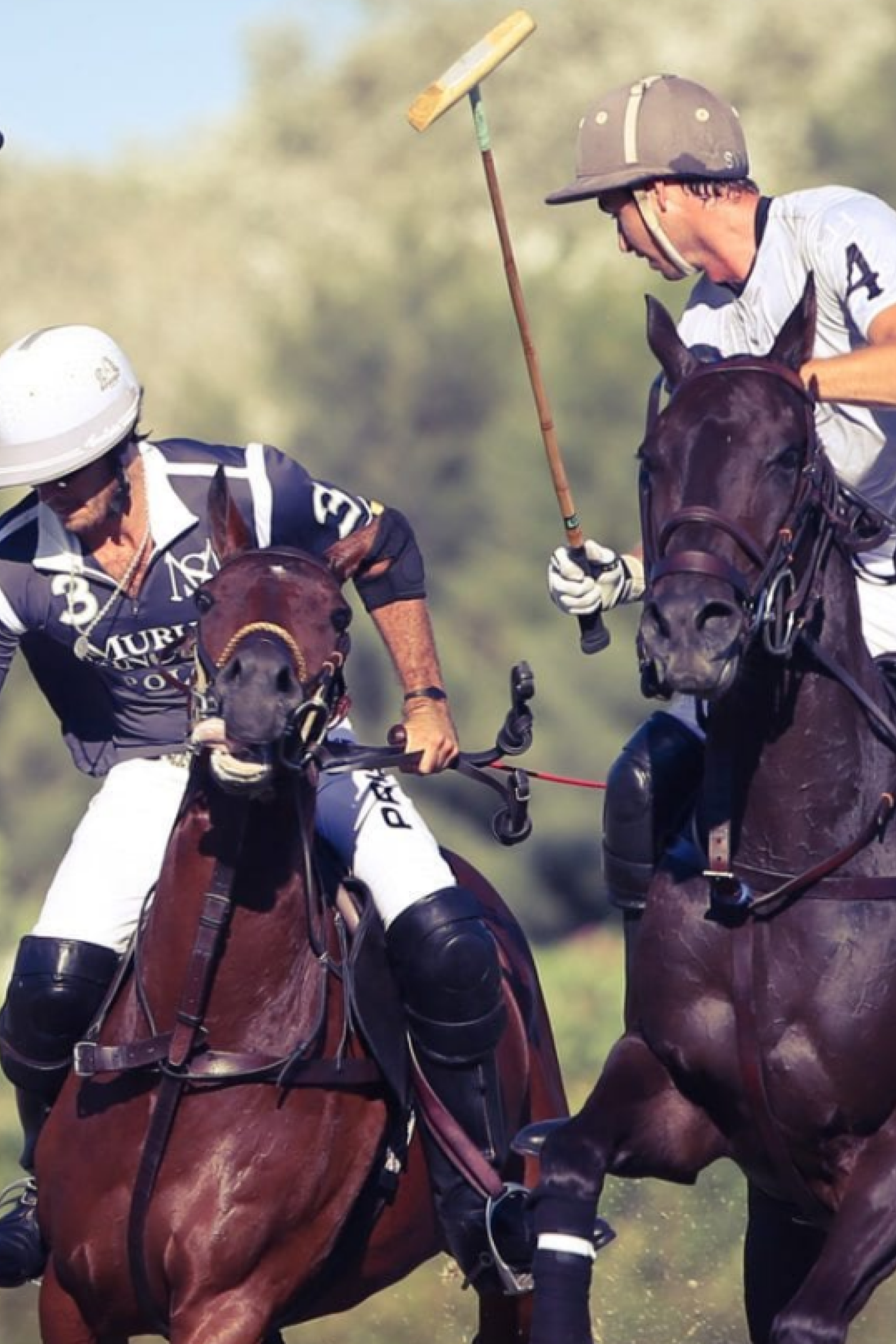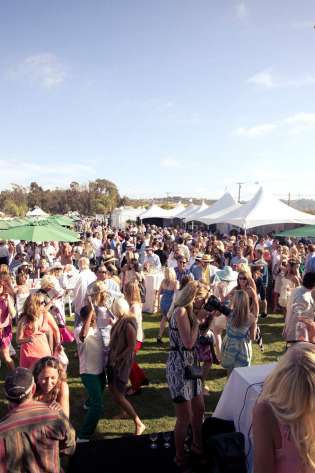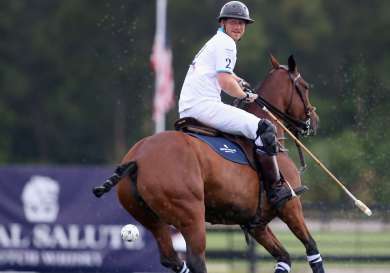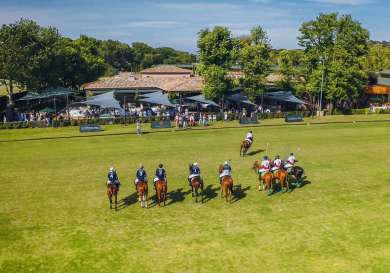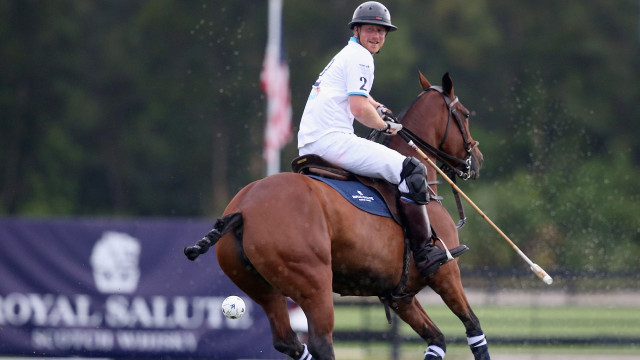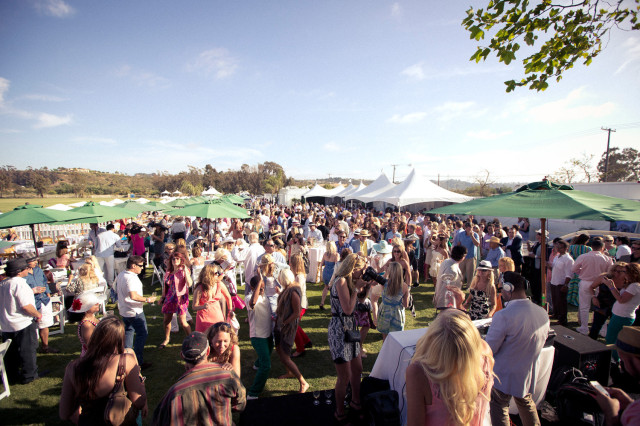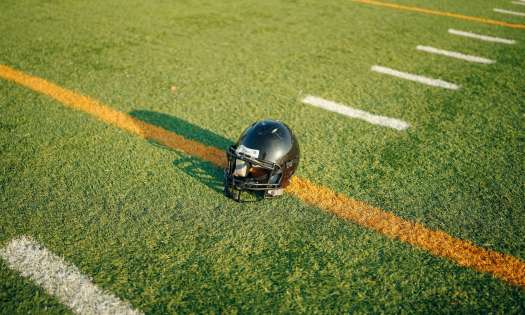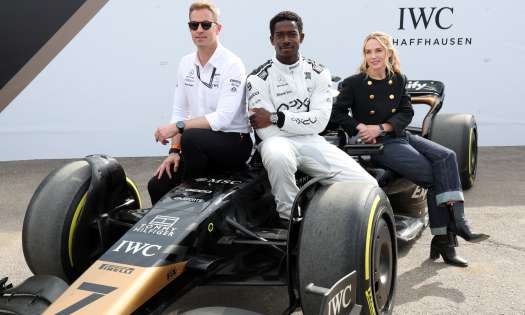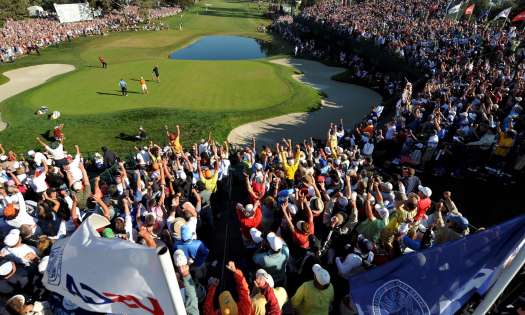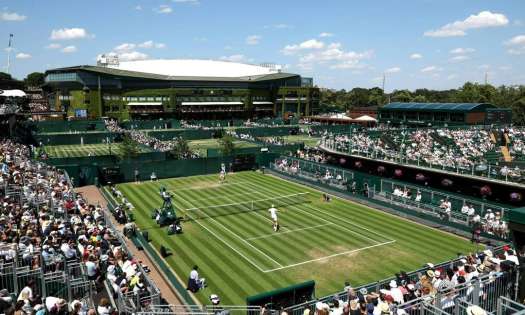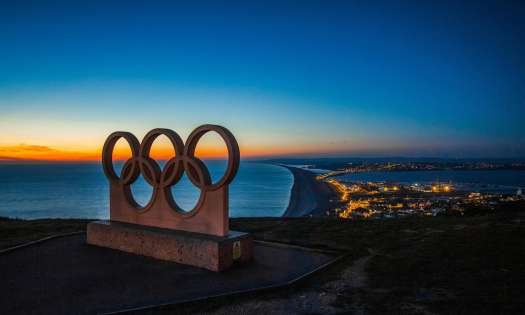Fast furious and featuring an enduring alliance between human and horse.
The blue blooded (Princes Harry and William both play) game of polo is synonymous with glamour, luxury and wealth.
The sport of kings is said to have originated in Persia some 2,500 years ago and was initially used as a training exercise for the King’s elite cavalry who then took the game to the east. Here the sport was adopted by the Kings, Emperors, Shahs, Sultans, Khans and Caliphs of the ancient Persians, Arabs, Mughals, Mongols and Chinese - hence it’s moniker “the game of kings".
British officers discovered the game circa 1850 following a horsemanship exhibition in Manipur, India. Legend has it that Lieutenant Joe Sherer, after seeing the locals playing polo, cried “we must learn the game.”
Subsequently The Silchar Polo Club was founded in 1859 and from there the popularity of the sport spread like morning sunlight: polo popped up in Malta in 1868, England in 1869 - where matches at Richmond Park and Hurlingham attracted more than 10,000 spectators - Ireland in 1870, Argentina in 1872 and Australia in 1874.
In 1876, polo made it to America thanks to New York Herald newspaper owner, James Gordon Bennett, Jr, who - having observed the game in England - returned to New York armed with mallets, balls and a rulebook.
The first international competition took place in 1886 when the United States challenged - albeit unsuccessfully - England, then the undisputed world leaders in polo, for the Westchester Cup.
England defended the Cup successfully in 1902, but America emerged victorious in 1909. The United States remained the dominant force in polo until 1928 when the first Copa de las Americas (Cup of the Americas) was contested between the United States and Argentina. The South American giant has been ahead in polo ever since - perhaps due to their even more difficult national sport pato (a cross between basketball and polo, which is played on a horse).
Fast forward to 2016 and polo - while most popular in Argentina, England and the United States - continues to be played in over 77 countries with the International Polo Federation (FIP) campaigning hard to return the sport to the Olympics. (Polo was on several Olympic games schedules, but hasn’t appeared since 1936).
Regardless of whether the game returns to the Olympic calendar, polo continues to be regarded as the pinnacle of team sport - something a famous verse, inscribed on a stone tablet next to a polo ground in Gilgit, Parkistant, bears testimony to: “Let others play at other things. The king of games is still the game of kings”.
POLO PRIMER
As Polo season hots up, we've listed a few top line points to know about the sport before you head to the game…
* Matches are divided into periods of play called chukkas. There are six chukkas in a match, each one lasting seven minutes. There are intervals of three minutes between chukkas and an interval of five minutes at half time. Teams change ends after every goal.
* Handicaps range from -2 to 10. The higher the handicap, the better the player.
* In polo, the most important rule is the ‘right of way’ established by the path of a travelling ball. When a player has the line of the ball on his right, he has the right of way. If another player crossed the line, causing a dangerous situation, a foul is committed and a penalty awarded.
WHERE TO WATCH POLO
August 2016
Hublot Gold Cup, Gstaad, Switzerland
Land Rover International Tournament, Sotogrande, Spain
September 2016
Jockey Club Open, Buenos Aires, Argentina
Tortugas Open, Tortugas Country Club, Buenos Aires, Argentina
USPA Pacific Coast, Santa Barbara, USA
October 2016
Super Nations Cup, Goldin Metropolitan, Tianjin, China
Hurlingham Open, Hurlingham Club, Buenos Aires, Argentina
China International Polo Challenge, Tang, Beijing, China
Kurri Burri High-Goal, Kurri Burri, New South Wales, Australia
Ellerston Spring Trophy, Ellerston, New South Wales, Australia
